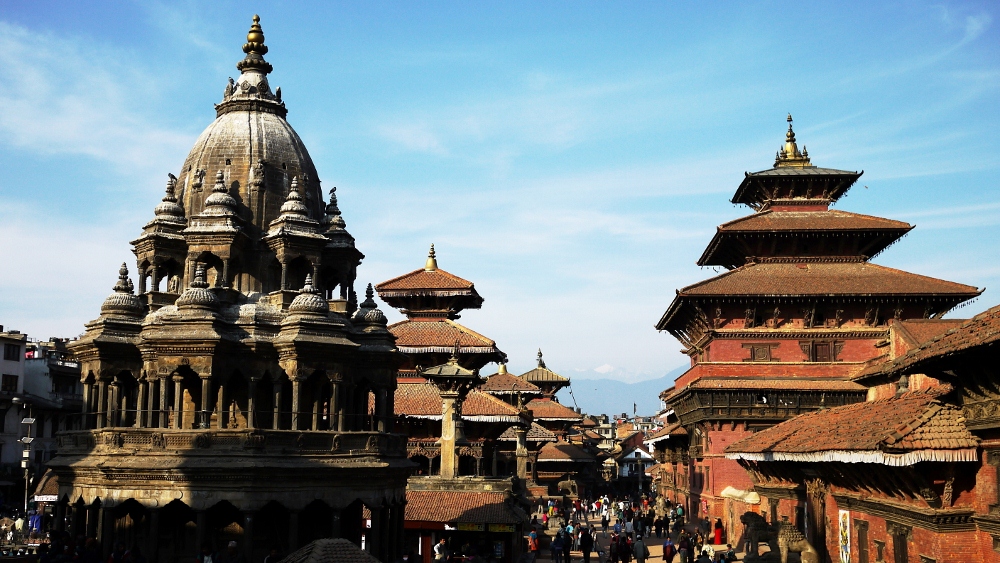MapUganda uses the OpenStreetMap (OSM) model to further national development in lines with the Sustainable Development Goals. OSM generates various maps and data through a collaborative approach, its source is an online network of mappers who are trained to build and add to open and public maps/data.
This data can be used for a multitude of purposes, for public use and for specific funded projects with business, NGOs and governments. MapUganda aim to create a greater capacity for the collection and use of open data which will help organisations and individuals develop and to manage and solve their own social, economic and community challenges.
MapUganda engage young people to become community mappers through university groups in 5 major Ugandan universities. However anyone with a good enough internet connection can become a member and receive training. They generate some income from membership subscriptions. They are also piloting a project to introduce OSM into the university curriculum to equip the next generation with the tools to create and use this kind of data.
As an example of the kinds of data they collect and create, MapUganda’s current projects include:
- Uganda Open Mapping Programme – a World Bank project to promote open information management tools and techniques
- Smart Cities Programme – a Opendata Institute project to develop a system which collects and uses citizen generated data to inform key city stakeholder decisions
- Where is My Transport – developing public transport data
- Non-Camp Refugee Data – a Humanitarian OpenStreetMap (HOT) project to collect data on refugees in northern Ugandan for the use of NGOs working to support them and to provide knowledge to refugees about services that can help them (such as legal aid, courses and community centres).
They also have a new project coming up this year with WeRobotics, which involves the use of drones.
For more information, visit their website.


